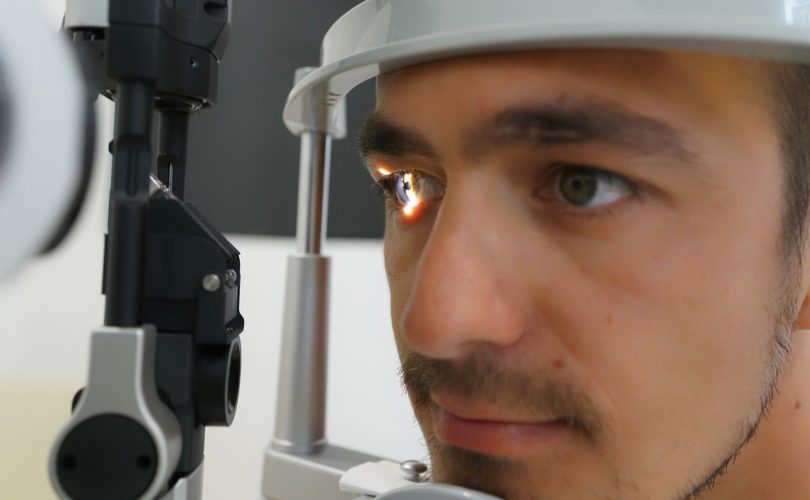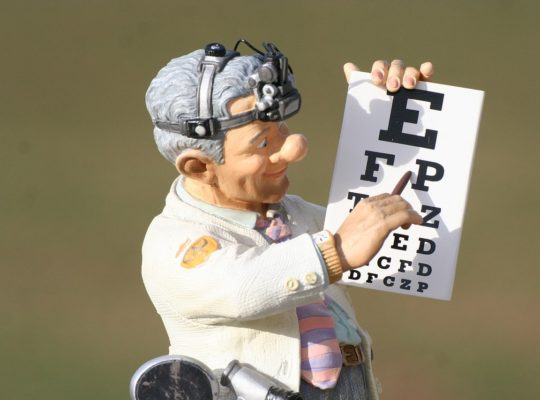If you have got an eye illness or visual issues, you might be sent to an ophthalmologist – also recognized as an eye doctor or eye surgeon. Ophthalmologists are experts who take care of all the medical features of eye care, as well as treatment, surgery and the remedy of contact lenses and glasses along with medicines for eye issues.
What circumstances would ophthalmologists be able to treat?
Individuals are mentioned to an ophthalmologist once they have:
• partial or entire loss of vision
• eye damages, pain or irritation
• eye conditions, like glaucoma
• health conditions which can distress their eyes, as well as diabetes and high blood pressure
• poor vision that requires professional care
Ophthalmologists are neurosurgeons, and can do:
• cataract surgery, in which they change the lens of an individual’s eye
• refractive or laser operation, which comprises of reshaping the cornea to right short-sightedness, long-sightedness or astigmatism
• operation to precise misalignment of the eyes or strabismus
• operation to get rid of cancers, like melanoma, from the eye
• treatment to overhaul the damage caused by an eye wound
Where do Ophthalmologists’ work?
Ophthalmologists see their patients in a health centre or hospital. Numerous doctors work in both public and private hospitals. The vast majority of them work in urban cities.
A few ophthalmologists work in an eye care group, communicating with optometrists and other medical and health care experts to give the best consideration to an individual with a good long-lasting eye condition.
How do I find an Ophthalmologist?
Ask your doctor or optometrist for a reference, or utilize the health straight service finder to locate an ophthalmologist in your area. In an emergency, like an eye injury or unexpected loss of vision, go to your nearest hospital instantly.

